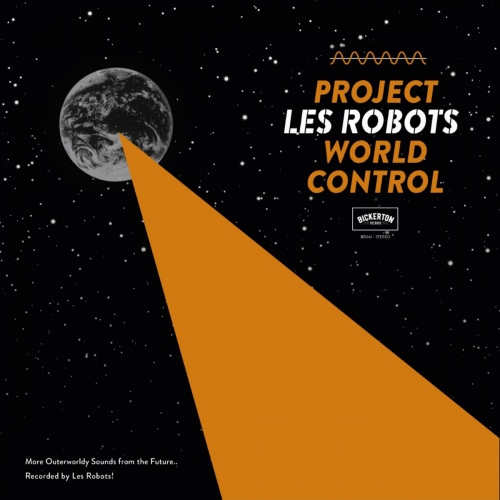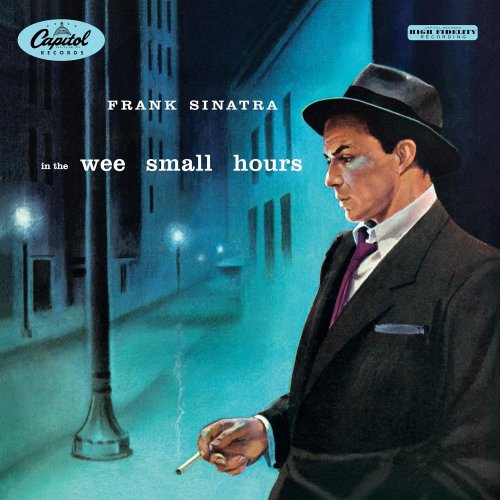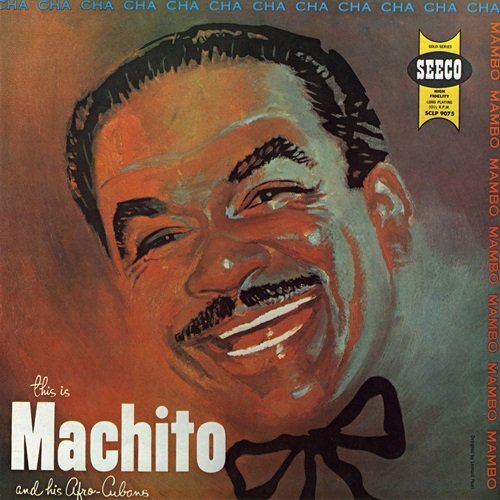Tobias Koch - Burgmuller: Complete Piano Music - Mendelssohn: Trauermarsch, Op. 103 - Burgmuller: Valse Brillante - 25 Etudes (2006)
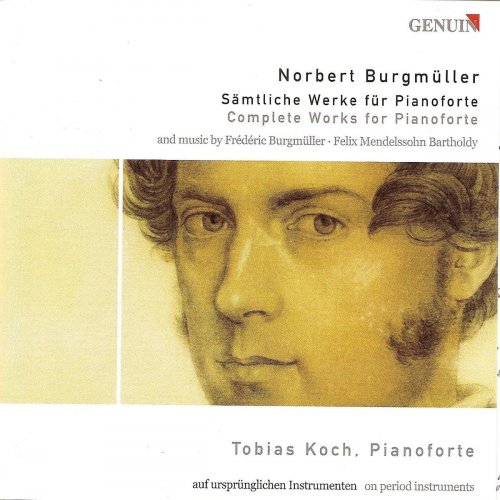
Artist: Tobias Koch
Title: Burgmuller: Complete Piano Music - Mendelssohn: Trauermarsch, Op. 103 - Burgmuller: Valse Brillante - 25 Etudes
Year Of Release: 2006
Label: Genuin
Genre: Classical
Quality: FLAC (tracks)
Total Time: 68:42 min
Total Size: 269 MB
WebSite: Album Preview
Tracklist:Title: Burgmuller: Complete Piano Music - Mendelssohn: Trauermarsch, Op. 103 - Burgmuller: Valse Brillante - 25 Etudes
Year Of Release: 2006
Label: Genuin
Genre: Classical
Quality: FLAC (tracks)
Total Time: 68:42 min
Total Size: 269 MB
WebSite: Album Preview
01. I. Allegro molto
02. II. Romanze: Andante
03. III. Finale: Allegro molto e con fuoco
04. Waltz in E-Flat Major
05. Mazurka in E-Flat Major
06. Rhapsody in B Minor, Op. 13
07. Polonaise in F Major, Op. 16
08. Trauermarsch in A Minor, Op. 103
09. Reveries fantastiques, Op. 41
10. No. 2. L'arabesque
11. No. 5. Innocence
12. No. 15. Ballade
13. Valse brillante, Op. 106
Were a novelist to set out to create the figure of a romantic artist he or she might well come up with someone who had more than a passing resemblance to Norbert Burgmüller. An unconventional upbringing; doomed love affairs; epilepsy and other illness; a bohemian life-style; excessive drinking; a personality prone to melancholy; neglect during his lifetime; an early death in doubtful circumstances (he drowned, but it is unclear whether he committed suicide or suffered some kind of seizure); Burgmüller ticks a great many of the stereotypical boxes. Many music historians later in the nineteenth century dismissed him as nothing more than an oddity; according to the influential historian Fétis, writing in his Biographie universelle des musiciens (1860-65) he was "bizarre, an enemy of the ways of the world, of social convention and all restraint", who "had nothing but contempt for the distinguished works of previous masters" and whose own work was "listened to with more curiosity than sympathy". The truth was more complicated – and there was a great deal more than ‘curiosity’ involved in the tributes paid to Burgmüller by Mendelssohn, Schumann and Brahms. In 1986 Klaus Tischendorf published a book entitled Norbert Burgmüller: ein vergessener Romantiker. Twenty years later, CDs such as this excellent recital by Tobias Koch shows that Burgmüller is not completely forgotten. It complements other recordings of Burgmüller’s Complete String Quartets (MDG 3360993-4) and his Piano Concerto and second Symphony - which was completed by Schumann (MDG 33508172).
Written when its composer was only sixteen, the Piano Sonata is a remarkable piece, passionate and expressive. It is not hard to see why Schumann called it "an excellent piece" and wrote of its opening movement that "while a passion intensely beautiful and strong pervades this movement, the poet appears utterly in charge of his excitement, so that it stirs the heart and simultaneously calms it. The following movements carry the same double characteristic of resignation and life courage". That is exactly right! There is a youthful intensity, an almost feverish sensibility, in this music. There is a subdued turbulence and anxiety, even fear, which gives an edge to all of the writing. The first movement is perhaps more fully realised than its successors, but the whole work makes striking and moving listening. Of the Rhapsodie, Brahms wrote to Clara Schumann, on discovering it, that it was "wondrous" and deeply touching; Robert Schumann affirmed that it "affects us like an apparition from another world … I almost want to compare it to the first impact of Goethe’s Erlkönig". Again, one has no difficulty in sharing such enthusiasm. This is richly imaginative music, full of fantasy but musically ‘correct’; it is resonant with power and aspiration, with spiritual yearning. The brief Waltz has some unexpected harmonies and was effectively rewritten – probably after hearing Chopin on a visit to the Rhineland – as the Mazurka; the Polonaise is an attractive piece. But it is in the Sonata and the Rhapsodie that one hears the best and most distinctive of Burgmüller’s writing for the keyboard. It is hard to imagine more persuasive advocacy for that music than in these recordings by Tobias Koch. They are played on an instrument of 1826 by Conrad Graf. Koch himself writes that "Graf pianofortes are famous for their silvery sound in the higher range, a soft middle register and a dark bass". Such tonal effects are beautifully captured in the superb recorded sound of this CD; Koch’s interpretation of Burgmüller is a joy, utterly sympathetic without ever being indulgent, rhythmically very well considered, the control of both tempo and dynamics perfectly judged but functioning as aspects of performances which convey a marvellous sense of Burgmüller’s youthful impetuosity.
Koch uses the same instrument for his performance of a piano transcription – made by who is not clear – of the Marcia funebre that Mendelssohn wrote on the occasion of Burgmüller’s death. For the remaining tracks on the CD, consisting of music by Norbert Burgmüller’s older brother Frédéric, Koch switches to an instrument made around 1835 by Ignaz Pleyel. Like the Graf used on the earlier part of the CD, this instrument is from the collection held at Schloss Kremsegg in Austria; both were formerly owned by Paul Badura-Skoda. This instrument has far less variety of timbre and register, but has an overall smoothness of sound which is well suited to the music of the older Burgmüller. Frédéric – his name was originally Friedrich but he changed it on moving to France – settled in Paris some two years before the death of his brother; he seems to have been able to make his way in society with an easy self-confidence and certainty which escaped his brother. He was much in demand as a piano teacher. His output as a keyboard composer ranges from didactic pieces such as his Etudes to high-class salon music and piano arrangements. His music has a charm of its own, but is entirely without the intensity of Norbert’s work. The contrast between the work of the two brothers contributes – like the contrasting sounds of the two instruments used – to the great success of this splendid CD.
Tobias Koch plays the music of both brothers with equal assurance, different as their demands are. All in all, this is a quite outstanding CD. Norbert Burgmüller’s work is fascinating both in itself and for its place in musical history; performed and recorded as exceptionally as it is here, there is an almost revelatory quality about the results.
Written when its composer was only sixteen, the Piano Sonata is a remarkable piece, passionate and expressive. It is not hard to see why Schumann called it "an excellent piece" and wrote of its opening movement that "while a passion intensely beautiful and strong pervades this movement, the poet appears utterly in charge of his excitement, so that it stirs the heart and simultaneously calms it. The following movements carry the same double characteristic of resignation and life courage". That is exactly right! There is a youthful intensity, an almost feverish sensibility, in this music. There is a subdued turbulence and anxiety, even fear, which gives an edge to all of the writing. The first movement is perhaps more fully realised than its successors, but the whole work makes striking and moving listening. Of the Rhapsodie, Brahms wrote to Clara Schumann, on discovering it, that it was "wondrous" and deeply touching; Robert Schumann affirmed that it "affects us like an apparition from another world … I almost want to compare it to the first impact of Goethe’s Erlkönig". Again, one has no difficulty in sharing such enthusiasm. This is richly imaginative music, full of fantasy but musically ‘correct’; it is resonant with power and aspiration, with spiritual yearning. The brief Waltz has some unexpected harmonies and was effectively rewritten – probably after hearing Chopin on a visit to the Rhineland – as the Mazurka; the Polonaise is an attractive piece. But it is in the Sonata and the Rhapsodie that one hears the best and most distinctive of Burgmüller’s writing for the keyboard. It is hard to imagine more persuasive advocacy for that music than in these recordings by Tobias Koch. They are played on an instrument of 1826 by Conrad Graf. Koch himself writes that "Graf pianofortes are famous for their silvery sound in the higher range, a soft middle register and a dark bass". Such tonal effects are beautifully captured in the superb recorded sound of this CD; Koch’s interpretation of Burgmüller is a joy, utterly sympathetic without ever being indulgent, rhythmically very well considered, the control of both tempo and dynamics perfectly judged but functioning as aspects of performances which convey a marvellous sense of Burgmüller’s youthful impetuosity.
Koch uses the same instrument for his performance of a piano transcription – made by who is not clear – of the Marcia funebre that Mendelssohn wrote on the occasion of Burgmüller’s death. For the remaining tracks on the CD, consisting of music by Norbert Burgmüller’s older brother Frédéric, Koch switches to an instrument made around 1835 by Ignaz Pleyel. Like the Graf used on the earlier part of the CD, this instrument is from the collection held at Schloss Kremsegg in Austria; both were formerly owned by Paul Badura-Skoda. This instrument has far less variety of timbre and register, but has an overall smoothness of sound which is well suited to the music of the older Burgmüller. Frédéric – his name was originally Friedrich but he changed it on moving to France – settled in Paris some two years before the death of his brother; he seems to have been able to make his way in society with an easy self-confidence and certainty which escaped his brother. He was much in demand as a piano teacher. His output as a keyboard composer ranges from didactic pieces such as his Etudes to high-class salon music and piano arrangements. His music has a charm of its own, but is entirely without the intensity of Norbert’s work. The contrast between the work of the two brothers contributes – like the contrasting sounds of the two instruments used – to the great success of this splendid CD.
Tobias Koch plays the music of both brothers with equal assurance, different as their demands are. All in all, this is a quite outstanding CD. Norbert Burgmüller’s work is fascinating both in itself and for its place in musical history; performed and recorded as exceptionally as it is here, there is an almost revelatory quality about the results.
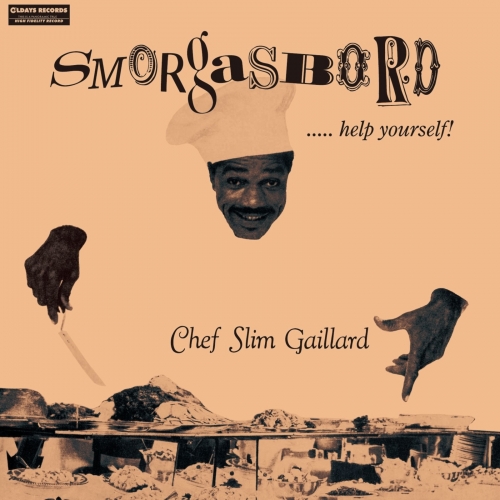
![Robert Lucaciu - FALLEN CROONER (2026) [Hi-Res] Robert Lucaciu - FALLEN CROONER (2026) [Hi-Res]](https://www.dibpic.com/uploads/posts/2026-02/1770896672_rzrlbctp6z9sb_600.jpg)
![Ravi Ramsahye PROTOTYPE - Sunglint (2026) [Hi-Res] Ravi Ramsahye PROTOTYPE - Sunglint (2026) [Hi-Res]](https://www.dibpic.com/uploads/posts/2026-02/1770729667_folder.jpg)


![Miles Davis - Kind Of Blue (1959) [2022 DSD256] Miles Davis - Kind Of Blue (1959) [2022 DSD256]](https://www.dibpic.com/uploads/posts/2026-02/1770649861_front.jpg)
